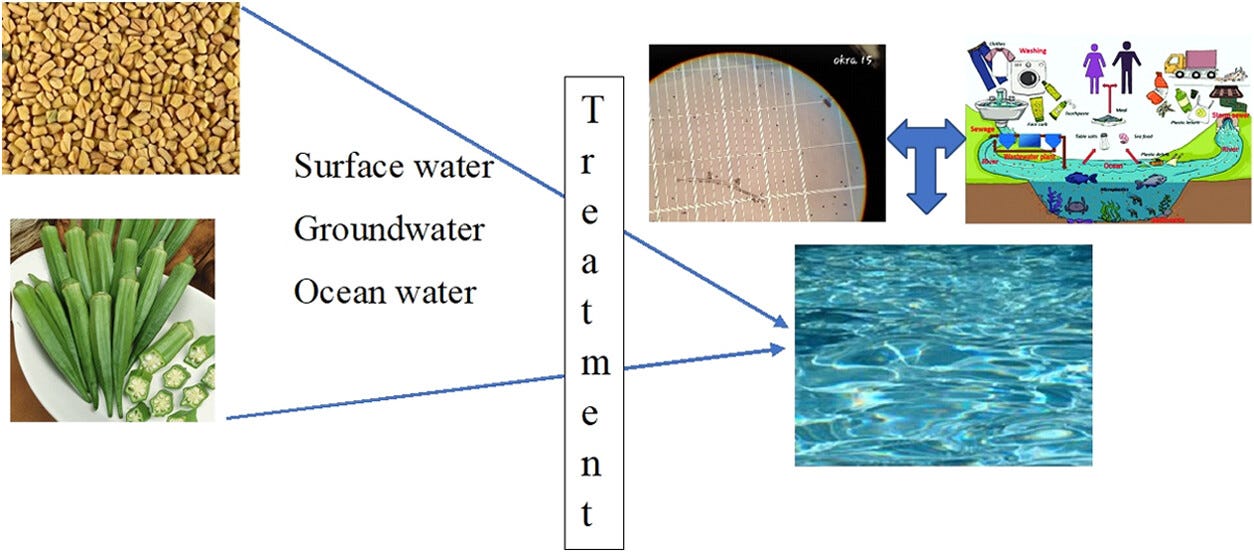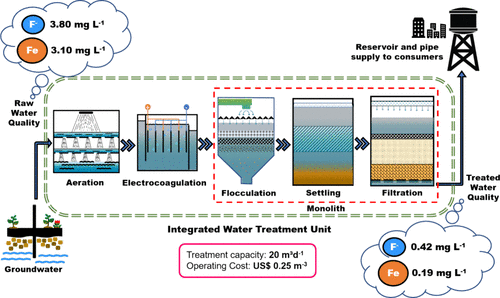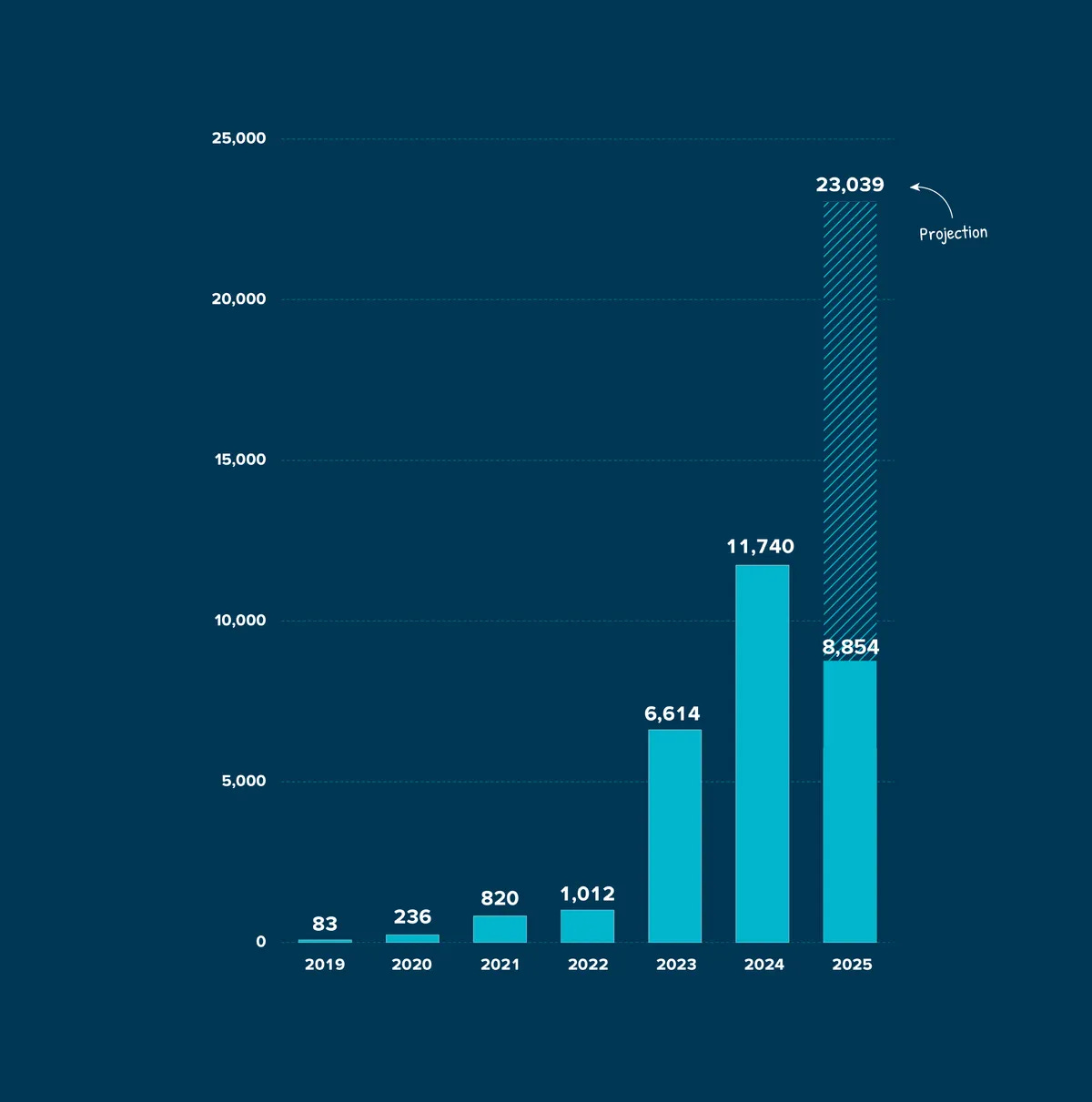Hey Readers,
We have some really good stories for this week and some more innovations from different parts of the world. Let’s get into it
Innovations Roundup
Okra & fenugreek to clean out microplastics
Researchers at the Tarleton State University in Texas, found that natural polymers in okra and fenugreek, can trap and remove microplastics. The team developed their solution using fairly simple methods. They soaked sliced okra pods and blended fenugreek seeds in separate water containers overnight. After removing the extracts, they dried them into powders rich in natural sugar-based polymers known as polysaccharides.
When added to water, just one gram of either powder per liter could trap plastic particles effectively. Fenugreek powder removed 93 percent of microplastics in an hour, while okra removed 67 percent. A mixture of both achieved 70 percent removal in just 30 minutes. This output is far faster and more effective than synthetic chemicals currently used in wastewater treatment. For ocean water, okra showed the best removal efficiency of ∼80%. With okra and fenugreek proving most effective, researchers have now optimized the process for various types of water, making large-scale application more feasible.
Removing Iron & Fluoride from water
Researchers at the Indian Institute of Technology Guwahati (IIT Guwahati) have developed a cost-effective community-scale water treatment unit capable of removing iron and fluoride from groundwater. The unit operates through a four-step process. Water is first aerated using a specially designed aerator, which increases oxygen content to help remove dissolved iron. This is followed by electrocoagulation, where a low-voltage electric current passes through aluminium electrodes, generating metal ions that bind with impurities. In the next stage, the bound particles form larger clumps through flocculation, which then settle. Finally, the treated water passes through a multi-layer filtration bed made of coal, sand, and gravel to remove any remaining particles.
The system effectively reduces iron levels by 94% and fluoride by 89%, bringing both within the safe limits prescribed under Indian drinking water standards. They say that the total cost of treating 1,000 litres of water using the system is estimated at Rs. 20, making it a low-cost solution for widespread use, not to mention that their pilot system can treat up to 20,000 litres of water daily, making it very scalable.
News Roundup
If you love Liam Neeson’s voice, here he is talking about the importance of our water ecosystems in a documentary called “Brave Blue World”. They talk about sponge cities in China and beyond, wetlands in the US, and more.
Also here’s a great interview and breakdown of the film by our friend Alpha Lo.
Our favorite story for this week is that the folks at the Ocean Cleanup are scaling up! This last week they have announced their “The 30 Cities Program” which will scale the organization’s proven Interceptor™ solutions across 30 key cities in Asia and the Americas, aiming to eliminate up to one third of all plastic flowing from the world’s rivers into the ocean before the end of the decade. Read more about their amazing plans here.
In other good news, India have launched a satellite that will track the ground under our feet and the water that flows over and through it in unprecedented detail, providing valuable information for farmers, climate scientists and natural disaster response teams. It will use synthetic aperture radar (SAR) technology to take images of the Earth.
That is it for this Friday, until next week,
Peace!







Really interesting topics...! The microplastics removal caught my attention.